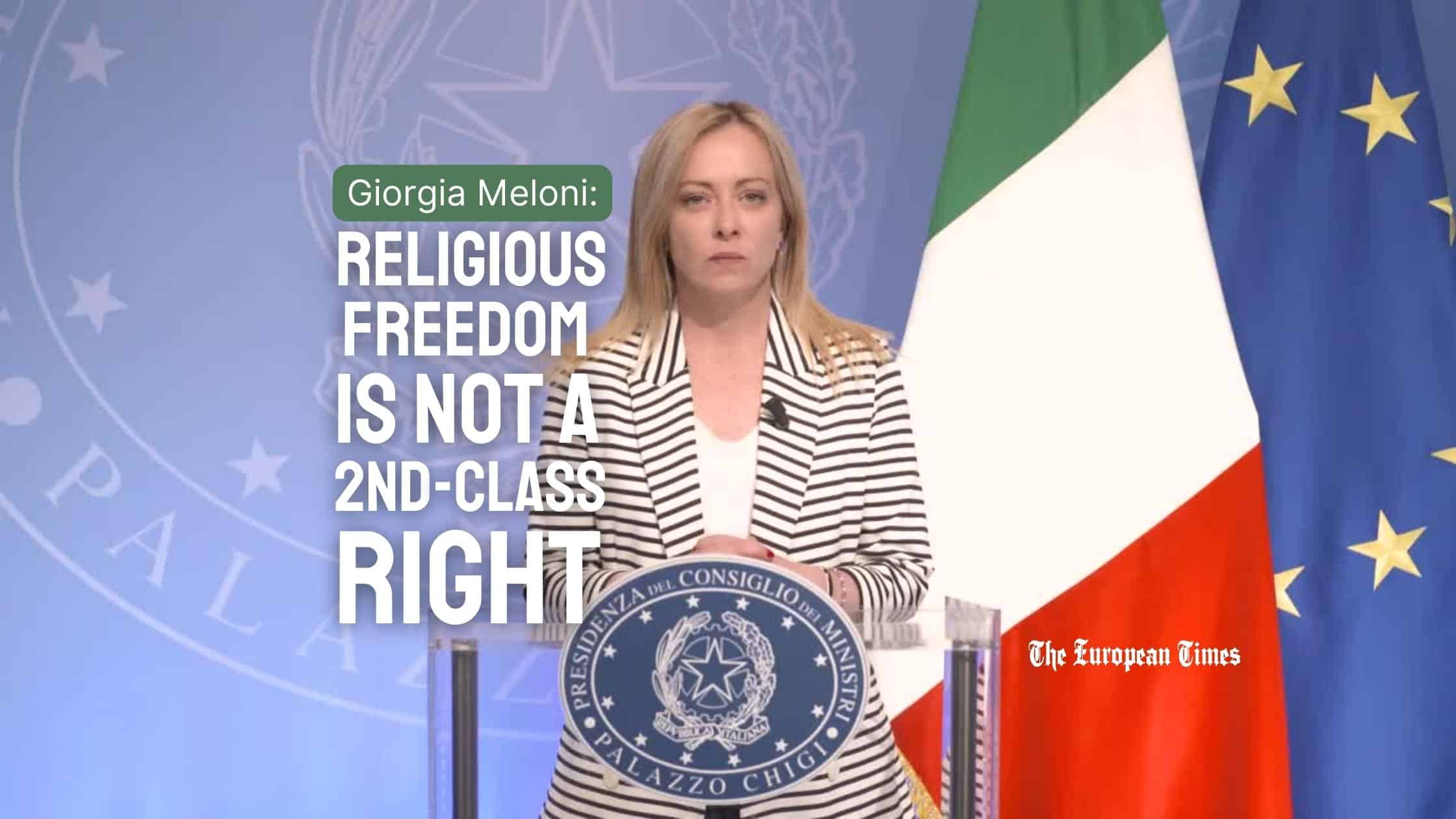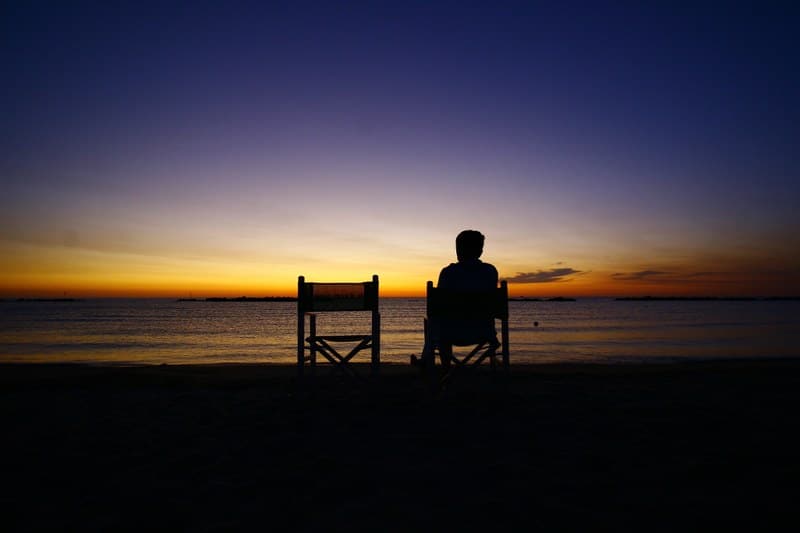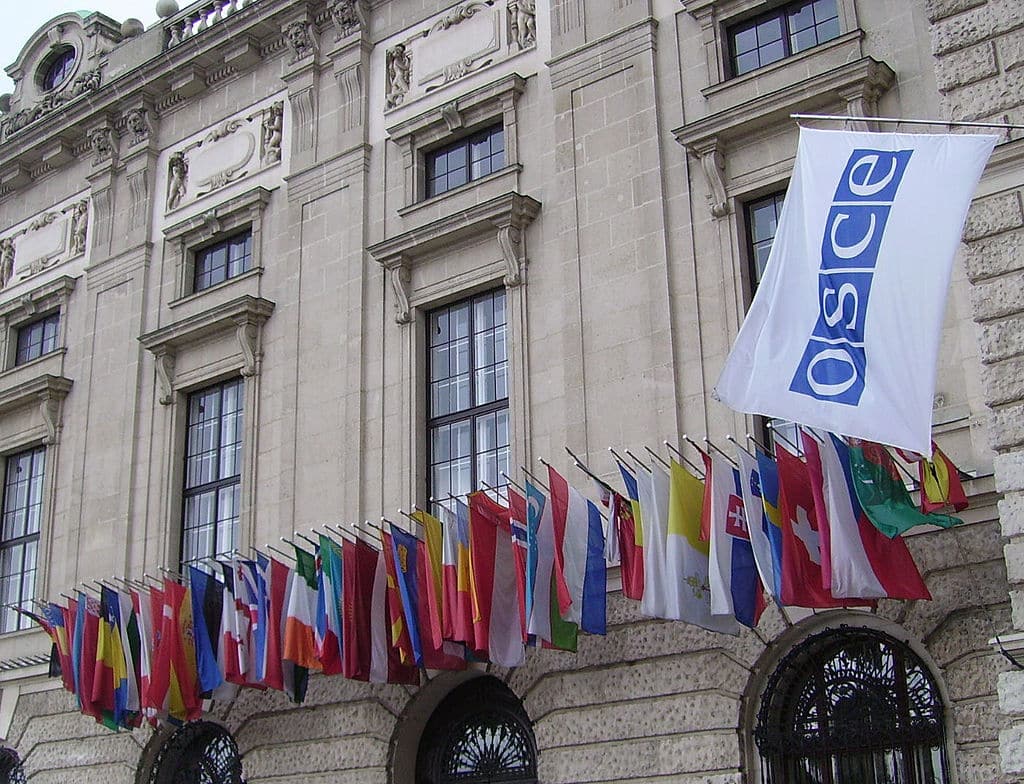Religious Freedom / Freedom of Religion or Belief /
Good morning to all.
I greet and thank “Aid to the Church in Need” for the extraordinary work it has carried out since 1947 and for the great service it offers to institutions, the media and public opinion with the publication of its Report on Religious Freedom.
Religious freedom is a natural right and precedes any legal formulation because it is written in the heart of man.
It is a right proclaimed by the Universal Declaration of Human Rights but, unfortunately, it is still trampled upon in too many nations of the world and, all too often, in almost total indifference.
Thus it happens that so many men, women and children not only have to suffer the pain of being denied the right to profess their faith but also the humiliation of being forgotten. And this is doubly unacceptable because keeping silent about the denial of religious freedom is tantamount to being complicit in it. We do not intend to do this.
It is everyone’s duty to defend religious freedom, but to carry out this commitment it is necessary to know data and numbers, to understand in depth the scenario in which we move, to have in our eyes and in our hearts the stories of those who suffer abuse, persecution, violence.
This is what I saw in the eyes of Maria Joseph and Janada Markus, two very young Nigerian Christian women victims of the ferocity of Boko Haram terrorists. I met them on Women’s Day and was left breathless by their courage, their strength, and their dignity. It was an encounter I will not forget and it left me with great lessons.
This is why the ACN Report is so valuable because it does not make abstract analyses or reasoning but gets to the heart of persecution and discrimination, to the heart of the victims, their history, and their lives.
It is a bit like a guide for drawing a course of action. One of them is very clear: religious freedom is not a second-class right, it is not a freedom that comes after others or can even be forgotten for the benefit of self-styled new freedoms or rights.
Similarly, we cannot forget another phenomenon that affects more developed societies. Pope Francis has warned us of the danger of a polite persecution, disguised as culture, modernity and progress, which in the name of a misunderstood concept of inclusion limits the possibility of believers to express their convictions in the sphere of social life.
It is an analysis that I share because it is profoundly wrong to think that in order to welcome the other one must deny one’s identity, including religious identity. Only if you are aware of who you are can you dialogue with the other, can you respect him, know him in depth, and draw enrichment from that dialogue.
But we must not, of course, forget the first type of persecution, the material persecution that afflicts many nations around the world, a reality on which we must open our eyes and act now, without wasting any more time. This is what the government intends to do and has begun to do, starting with the call for over 10 million euros to finance interventions in favour of persecuted Christian minorities, from Syria to Iraq, from Nigeria to Pakistan. A first step that will be followed by many others.
Pope Benedict XVI reminded us that religious freedom is an essential good that belongs to the core of human rights, to those universal and natural rights that human law can never deny and that requires the utmost commitment from everyone, no one excluded.
Italy can and must set an example. Italy intends to set an example, at a European and international level. This is one of our many missions.
Thank you all and good work.













